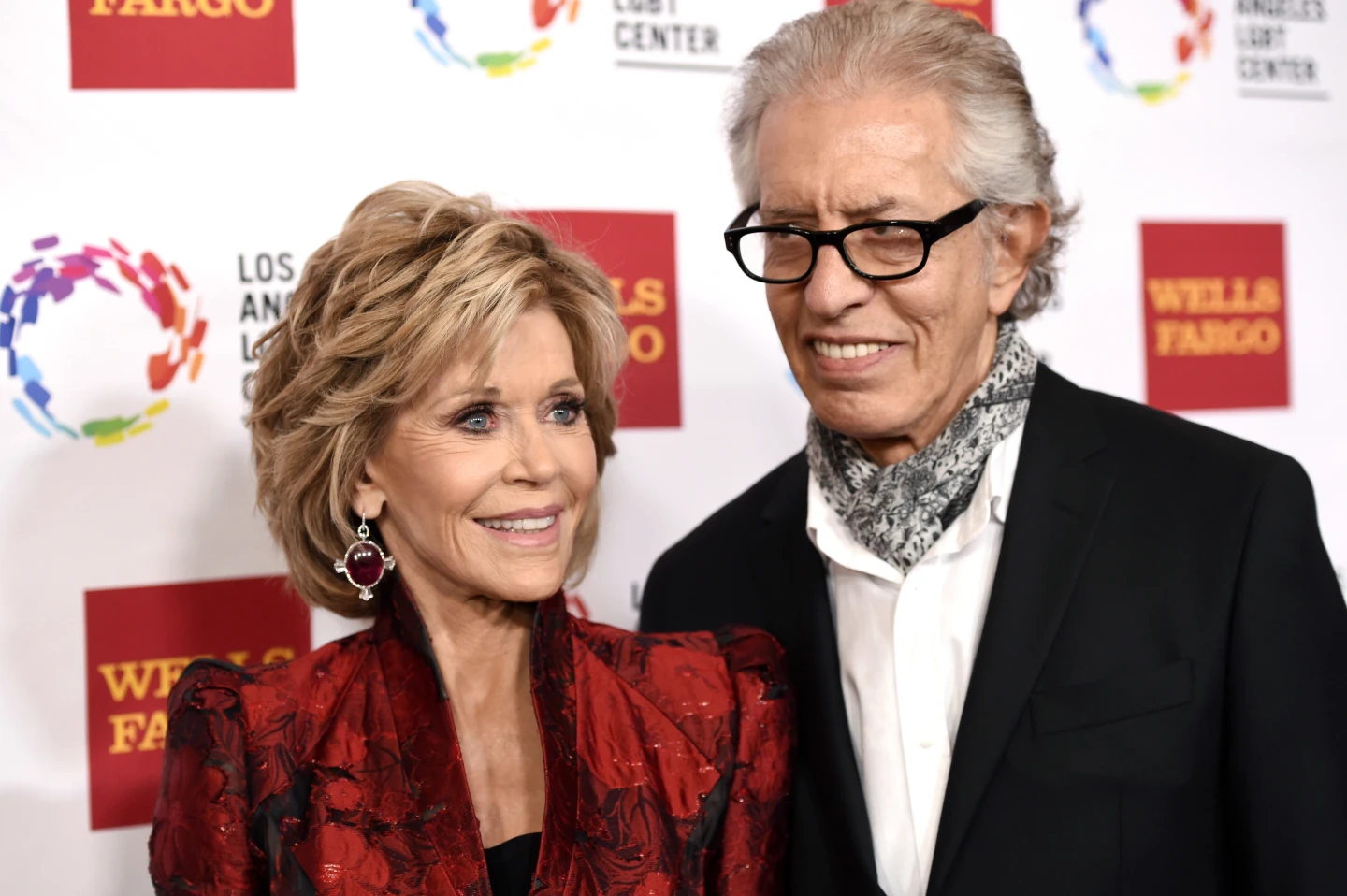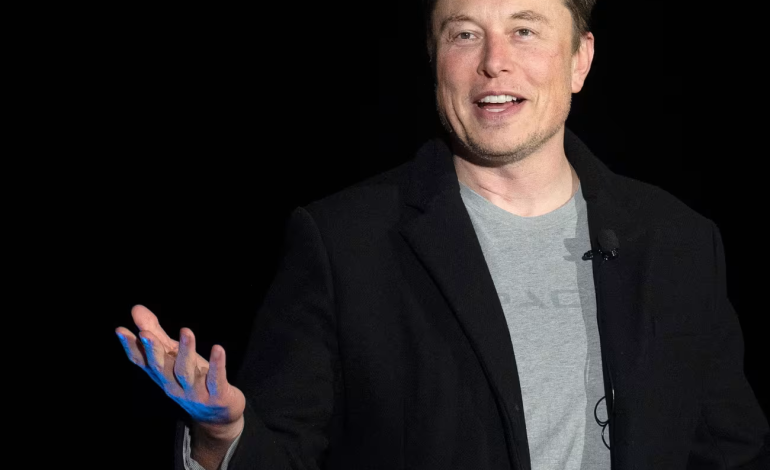SpaceX, founded by Elon Musk, has become a key player in providing launch services for the US military and intelligence agencies.
However, despite his role as CEO, Musk does not have access to some of the company’s most sensitive government-related information. This is largely due to legal and security concerns that have kept him from acquiring the necessary security clearances required for deeper involvement in classified programs.
Executives at SpaceX have deliberately refrained from seeking a higher security clearance for Musk, despite the company’s growing ties with national-security agencies. According to sources familiar with the matter, the company’s lawyers advised against seeking additional clearance for Musk because of concerns about his past drug use and his interactions with foreign nationals. Musk’s contacts with foreign officials, including his reported conversations with Russian President Vladimir Putin, raised concerns that he might inadvertently disclose sensitive information to individuals from outside the US.
Musk’s existing top-secret clearance, which he obtained after a lengthy review process, does not grant him access to certain classified information that is crucial to SpaceX’s national security work. The clearance took years to secure, partly due to his public marijuana use in 2018, which posed complications under federal regulations. The process for obtaining higher-level clearances could have been further hindered by Musk’s reported use of ketamine, as well as his past interactions with foreign officials. If SpaceX had pursued higher clearances for Musk, there was a real risk that the government could have revoked his existing top-secret clearance, or that he could have been denied access to more sensitive programs altogether.
Furthermore, employees working on SpaceX’s classified projects, such as those involved in the company’s Starshield satellite program, typically hold additional authorizations for “sensitive compartmented information,” which Musk does not have. These clearances are necessary to access highly sensitive details about intelligence operations, something Musk is not privy to. Even with his top-secret clearance, Musk is not allowed access to the classified aspects of SpaceX’s work with spy satellites or military-related payloads, which are part of the company’s contract with the US government.
Musk’s lack of access to these sensitive areas has not hindered SpaceX’s ability to operate in the national security sector. The company continues to provide critical launch services for military and intelligence agencies, including a $1.8 billion contract with the National Reconnaissance Office. Despite this, Musk’s limited access to government secrets remains a point of distinction between him and other aerospace executives. CEOs from companies like Boeing and Lockheed Martin, for example, hold clearances for sensitive information related to government contracts.
Though Musk does not have access to all of SpaceX’s classified information, this situation may soon evolve. Musk’s significant political influence, particularly after his support of former President Donald Trump’s campaign, could grant him broader access to government secrets in the future. Trump, who appointed Musk to lead a new advisory body on government efficiency, could use his presidential powers to authorize Musk and others to access classified materials as part of their work to analyze military spending and seek potential budget cuts.
With input from the Wall Street Journal and Mint.









